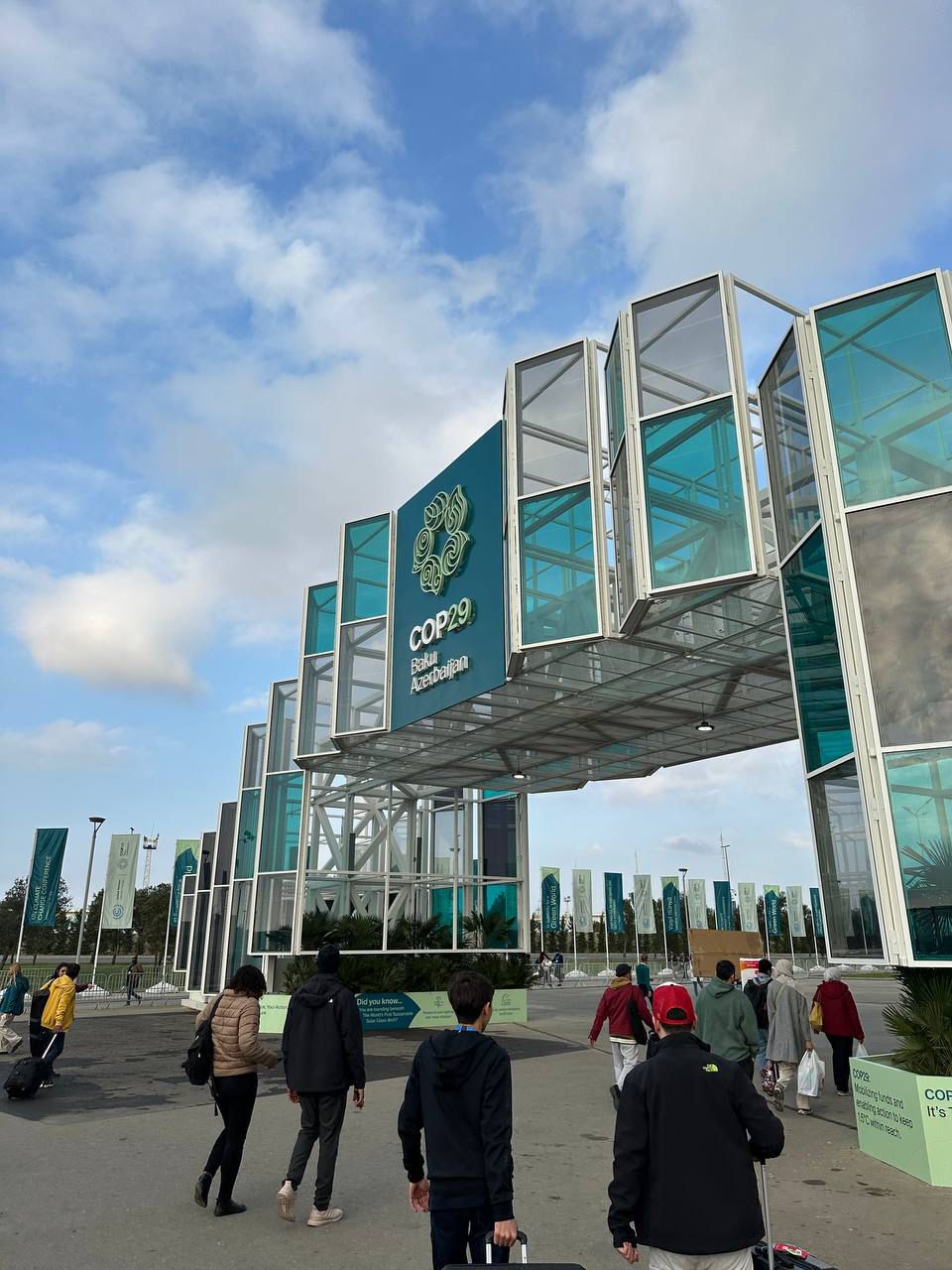As climate renders millions homeless, world gathers for solutions
By Chiamaka Enendu In September of this year, the Alau Dam near Maiduguri in Borno State, Northern Nigeria, burst, releasing a massive surge of water that swept through the city and surrounding areas. This disaster forced residents from communities such as Bulabulin, Fori, Gwange, Galtimari, and others to evacuate for their safety. The flooding claimed […]

img 20241113 wa0022
By Chiamaka Enendu
In September of this year, the Alau Dam near Maiduguri in Borno State, Northern Nigeria, burst, releasing a massive surge of water that swept through the city and surrounding areas. This disaster forced residents from communities such as Bulabulin, Fori, Gwange, Galtimari, and others to evacuate for their safety.
The flooding claimed homes, livestock, and lives, leaving families homeless, destroying crops, and obliterating food supplies.
According to Nnimmo Bassey, an environmental activist, the flooding in Borno, which submerged public infrastructure and displaced thousands, is the result of a combination of human actions and climate change.
One of the victims of the flooding is Amina Yusuf, a mother of four from Borno State.
Searching for Solutions at COP29
As world leaders, scientists, researchers, businesses, and climate advocates gather for the annual United Nations Climate Summit (COP29) in Baku, Azerbaijan, individuals like Amina wonder whether this conference will yield real solutions or merely become another summit filled with empty promises.
Nuri Ibrahim Kazori, the Commissioner and Minister of Environment and Climate Change in Jigawa State, hopes the conference will produce concrete solutions to help people like Amina and other Nigerians cope with the losses associated with climate change.
“My expectation for Nigeria this time is to gain significant support from the loss and damage fund,” Kazori remarked.
At COP28 in 2023, a fund was established to assist developing countries in managing damage caused by climate change, known as the loss and damage fund.
“This fund has been on the agenda for a long time, but so far, it remains largely empty. We need real support to help our states and communities recover from these devastating events,” he stated.
This year, Nigeria has faced historic flooding. While the global community convenes in Baku to discuss solutions, several communities back in Nigeria continue to grapple with the aftermath of the floods.
Borno State has been particularly hard-hit, facing significant losses in lives, farmlands, and livelihoods.
“As we speak, nearly two local government headquarters are inaccessible; they are surrounded by water,” Kazori noted.
Discussions about climate finance are often viewed as calls for wealthy countries to shoulder the climate costs. However, Kazori suggests that African nations should also explore both domestic and international financial solutions.
“We need local solutions. However, we also require international finance for Nigeria to manage rising climate costs,” he stated.
“The developed nations are the ones polluting the environment, yet we are the ones suffering the consequences,” he explained. “With international support, we aim to reduce emissions by 47 percent. Without that support, our target drops to just 20 percent.”
He reiterated the necessity for global cooperation and emphasized the principle that “polluters must pay.” “We are the ones suffering from the consequences, and we need support to keep our communities safe,” he asserted.
Kazori also highlighted the need for adaptation funding for Nigeria. “These adaptation strategies exceed the capabilities of our communities. We require significant investment in our infrastructure to protect our people and their livelihoods,” he added.
The ongoing COP29 will last for approximately two weeks. By the end of the conference, new ambitious financial targets are expected to be established to help developing countries, including Nigeria, cover losses and damages, such as those currently being experienced in Borno State. Additionally, the outcomes will aim to agree on specific strategies to assist Nigeria and other developing countries in transitioning to renewable energy sources and adapting to the impacts of climate change.
This story was produced as part of the 2024 Climate Change Media Partnership, a journalism fellowship organized by Internews’ Earth Journalism Network and the Stanley Center for Peace and Security.
